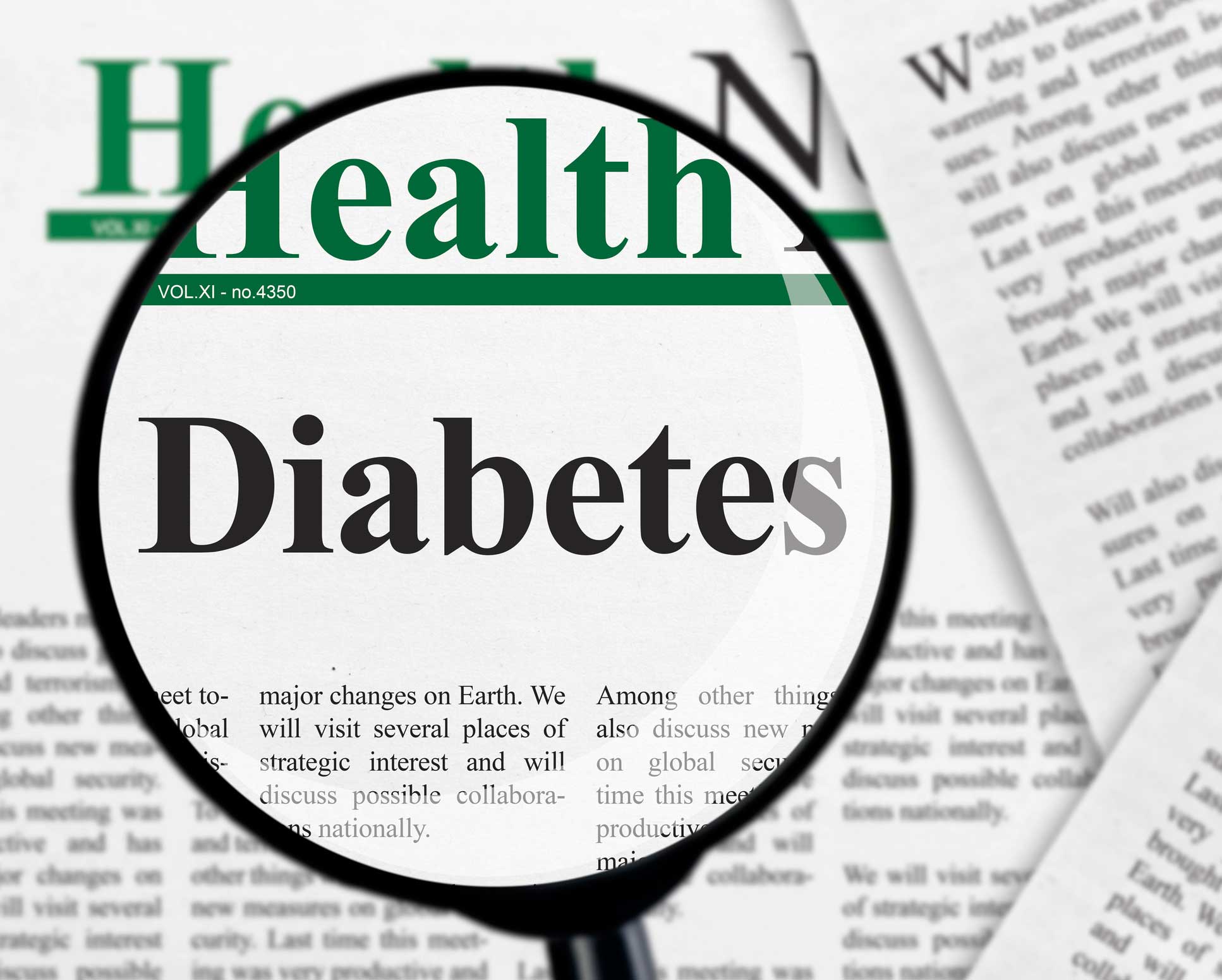<< Back
What You Need to Know About Diabetes (From an Endocrinologist)

December 04, 2019
Dr. Manmeet Kaur
Chief of Endocrinology
The Hospital of Central Connecticut
Millions of Americans have diabetes. If you don’t have it, chances are you know someone who does.
The more you know about diabetes, which is a chronic condition, the easier it is to live a healthy life and help those around you do the same. With proper treatment, it can be managed successfully
Diabetes inhibits the body from properly processing the sugar (glucose) from the food you eat. The body’s cells need glucose for energy. Insulin is a hormone that must be present for glucose to get into the cell to be used as fuel. When glucose doesn’t leave the bloodstream, high blood sugar occurs and can lead to many health problems. It can affect your heart, kidneys, eyes, hands, feet, digestion, and sexual function.
There are two types of diabetes, each with its own signs and symptoms.
Type 1 diabetes happens when the body does not produce any insulin. It is more common in children but can develop later in life. People with type 1 diabetes need to take insulin every day to live.
Type 2 diabetes is the most common form of diabetes, and happens when the body doesn’t use insulin effectively. It can be genetic, but environment and lifestyle play major roles. Type 2 diabetes can be prevented, reversed, or delayed by maintaining healthy weight and fitness activity.
It is a progressive disease if not treated early. If addressed later, patients may need more medications and insulin. Before a person is diagnosed with type 2 diabetes they almost always have prediabetes, which presents itself with higher than normal blood sugar, but not quite high enough to be classified as diabetes. A blood sugar level of higher than 100mg/dl is considered prediabetes.
Some of the symptoms include:
- Frequent urination.
- Extreme thirst.
- Feeling hungry, even while eating.
- Extreme fatigue.
- Impaired vision.
- Wounds that are slow to heal.
- Weight loss, despite a good appetite (Type 1).
- Pain, numbness, or tingling sensation in hands and feet (Type 2).
Understanding your risk of developing type 2 diabetes is important. You may be at risk if you:
- Are 45 or older.
- Are Black, Hispanic/Latino, American Indian, Asian American, or Pacific Islander.
- Have a parent or sibling with diabetes.
- Are overweight.
- Are physically inactive.
- Have high blood pressure or take medicine for high blood pressure.
- Have low HDL cholesterol and/or high triglycerides.
- Had diabetes during pregnancy.
- Have been diagnosed with Polycystic Ovary Syndrome.
The Diabetes Center at The Hospital of Central Connecticut provides individualized care for people 18 and older with type 1 or type 2 diabetes, as well as pregnant women with gestational diabetes. Offering a guided education program, the center uses a team approach to treat and educate patients on managing diabetes. Physicians, educators, and behavioral health therapists help patients take control of diabetes and their health. The program provides participants with diabetes self-management skills and knowledge to achieve and maintain blood glucose control, to initiate lifestyle changes, and to promote the continuation of wellness.
Everyone has the power to successfully manage diabetes and live a full, healthy life. Even small changes to diet and activity contributing to weight loss of 5 to 10 percent of body weight can go a long way in keeping diabetes at bay.
For more information on the Diabetes Center at the Hospital of Central Connecticut, click here.
Dr. Manmeet Kaur is chief of endocrinology at The Hospital of Central Connecticut.